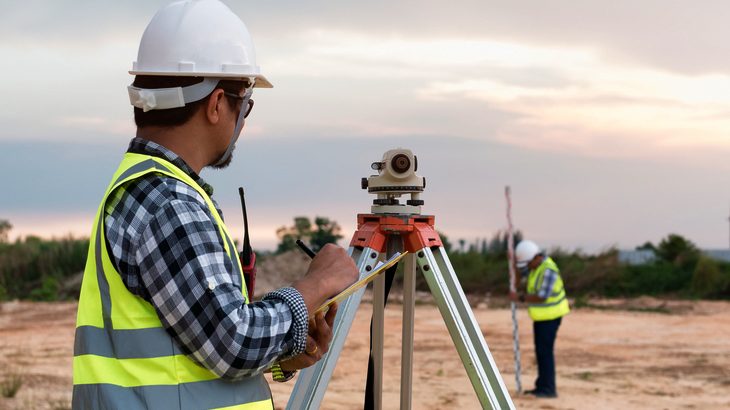In numerous industries, from construction and engineering to environmental science and urban planning, the groundwork for success often begins with comprehensive site investigations. These investigations serve as a fundamental step in assessing the suitability, potential challenges, and opportunities associated with a specific location or site. Understanding the importance of these investigations is crucial in ensuring informed decision-making and successful project execution.
Defining Site Investigations
Site investigations involve a systematic examination and evaluation of a location or area to gather essential data and insights. These investigations encompass a range of assessments, including geological, environmental, structural, and logistical considerations. The primary goal is to acquire a comprehensive understanding of the site’s characteristics, limitations, and potential for development or specific projects.
Ensuring Suitability and Feasibility
One of the key reasons for conducting site investigations is to determine the suitability and feasibility of a location for a particular purpose. Whether it’s for constructing buildings, infrastructure, or assessing environmental impact, understanding the site’s characteristics is critical. Factors such as soil composition, topography, drainage patterns, and environmental conditions are evaluated to ensure the site aligns with the intended use and project goals.
Risk Mitigation and Planning
Site investigations play a pivotal role in risk mitigation and planning. Identifying potential hazards, such as unstable soil, contamination, geological faults, or environmental risks, enables proactive measures to be implemented. This assessment minimizes unforeseen challenges during project execution, reducing risks and ensuring a safer and more efficient working environment.
Regulatory Compliance and Environmental Impact
In many cases, site investigations are essential for regulatory compliance and environmental impact assessment. Environmental site assessments evaluate the impact of proposed developments on ecosystems, water sources, air quality, and surrounding habitats. Compliance with environmental regulations and guidelines is crucial in minimizing adverse effects on the environment and ensuring sustainable development.
Cost-Effective Decision-Making
Conducting thorough site investigations contributes to cost-effective decision-making. Identifying potential issues or constraints early in the planning stages allows for informed decisions to be made regarding project design, materials, and construction methods. Addressing concerns upfront minimizes the likelihood of costly modifications or delays during the later stages of the project.
Design Optimization and Efficiency
The data obtained from site investigations provides valuable insights that contribute to optimized designs and operational efficiency. Engineers, architects, and planners can tailor designs to suit the site’s specific conditions, maximizing the use of natural resources and minimizing environmental impact. This tailored approach fosters efficiency in project execution, resulting in more sustainable and effective outcomes.
Continuous Monitoring and Adaptation
Site investigations aren’t confined to the initial assessment phase. Continuous monitoring and adaptation based on ongoing evaluations are vital. Regular assessments during construction or ongoing projects help detect any unforeseen changes or issues that may arise, enabling prompt adjustments and ensuring project continuity while maintaining quality standards.
Collaboration and Stakeholder Communication
Site investigations foster collaboration among stakeholders involved in a project. Architects, engineers, environmentalists, government agencies, and community members can contribute valuable insights and expertise during these assessments. Effective communication and collaboration ensure that diverse perspectives are considered, leading to well-rounded decisions and successful project outcomes.
In conclusion, site investigations form the bedrock of informed decision-making in various industries. Their role in assessing suitability, identifying risks, ensuring compliance, optimizing design, and fostering efficiency cannot be overstated. From minimizing risks to maximizing potential, these investigations are integral to successful project execution and sustainable development.
Understanding the significance of site investigations underscores their indispensable role in laying the groundwork for projects, ensuring their viability, minimizing risks, and contributing to more sustainable and effective outcomes.
Ready to unlock the potential of your project site? Explore MTA CONSULT’s expert site investigation services today. Let’s transform your vision into reality, starting with a comprehensive assessment.



















